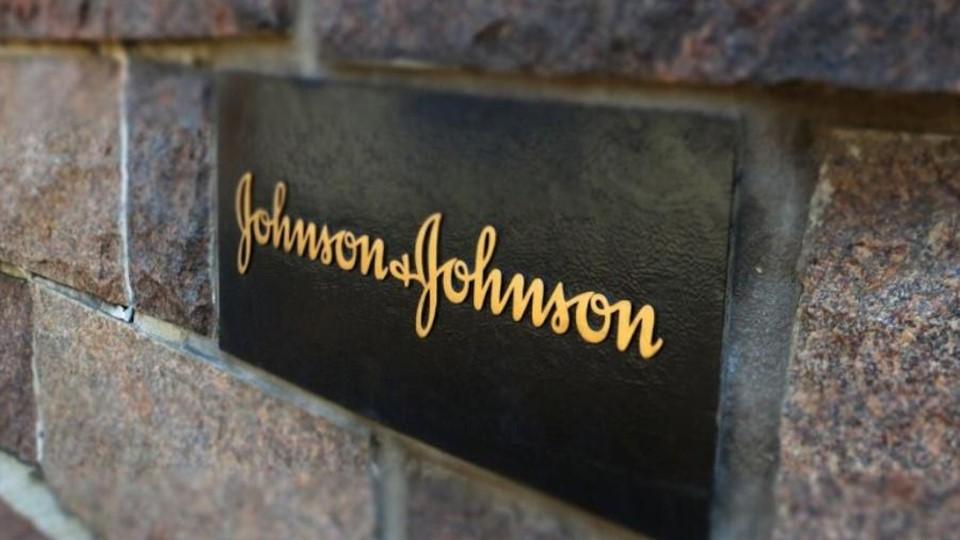J&J files to expand label of depression drug Spravato

Johnson & Johnson has filed for FDA approval of its antidepressant nasal spray Spravato, hoping to make it the first standalone treatment for adults with treatment-resistant depression (TRD).
Spravato (esketamine) is already approved in the US as an add-on to oral antidepressant therapy for TRD, as well as for depressive symptoms in adults with major depressive disorder (MDD) and suicidal thoughts or behaviours.
If approved, the monotherapy labelling will provide a new way to treat patients who are failing to get a benefit, despite trying multiple oral antidepressant regimens, or who are struggling to tolerate them, and could allow Spravato to be used earlier in the treatment pathway.
"Many patients living with challenging-to-treat depression spend far too long cycling through multiple treatments that don't effectively resolve their symptoms," said Bill Martin, J&J's neuroscience head, in a statement on the filing. And they "look forward to working with the FDA to bring this innovative treatment to patients as a monotherapy option."
Spravato works on the glutamate NMDA receptor in the brain and is closely related to ketamine – an anaesthetic that is also misused as a recreational drug, as it can have hallucinogenic effects.
The product was a pathfinder in the psychedelic medicines category, but, as it is based on a scheduled drug, is subject to a restricted distribution programme and has to be administered in certified healthcare settings.
The filing is based on the results of the TRD4005 study reported at the American Society of Clinical Psychopharmacology (ASCP) annual meeting in May, which showed that Spravato achieved a "rapid, statistically significant, and clinically meaningful" improvement in depressive symptoms in this setting, according to J&J.
There was a benefit within around 24 hours of the first dose, measured using the MADRS scale, which was sustained through four weeks of treatment.
That speed of onset has been held up as the main benefit for Spravato compared to other approaches to treatment-resistant depression, which often rely on sequentially trying different oral therapies that can take weeks to confer a benefit – if they are effective at all.
Globally, the take-up of Spravato was modest in the post-launch period, which could reflect hesitancy on behalf of doctors in prescribing a psychedelic-derived medicine, but has started to gather momentum of late, with sales last year rising 80% to $689 million.
There was another 72% increase to $225 million in the first quarter of this year, putting the drug on course to achieve blockbuster status, with sales of $1 billion-plus for calendar 2024.












